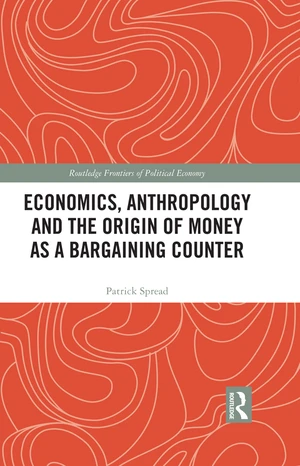For many decades economists have disputed with economic anthropologists over the origins of money. Economists claim that money emerged from barter exchange; anthropologists claim that it originated as a âunit of accountâ in the temples and palaces of ancient Mesopotamia. This book argues that money originated as a bargaining counter in a system of money-bargaining, emerging almost seamlessly from barter-bargaining. This is not the âmoneyâ of mainstream economic conception â a âveilâ cast over a system of resource allocation defined in mathematical terms. Confidence in the bargaining counter is sustained through âsupport-bargaining,â a process in which individuals seek the support of their associates but seek at the same time to advance their own interests. A comprehensive âIntroduction to Support-Bargaining and Money-Bargainingâ is provided by the work. The arrival of coin-money is recognised by many as a crucial event in the history of mankind, and it is argued here that the distinctive character of support-bargaining in ancient Greek city states made possible the introduction of coin-money. The dependence of coin-money on a particular form of support-bargaining also suggests the reason why coin-money was not introduced much earlier, given that the technology for producing coins was available long before their adoption. This book will be of great interest to researchers in the history and origins of money, banking and economic theory more broadly.
Price history
Dec 30, 2022
€42.01

